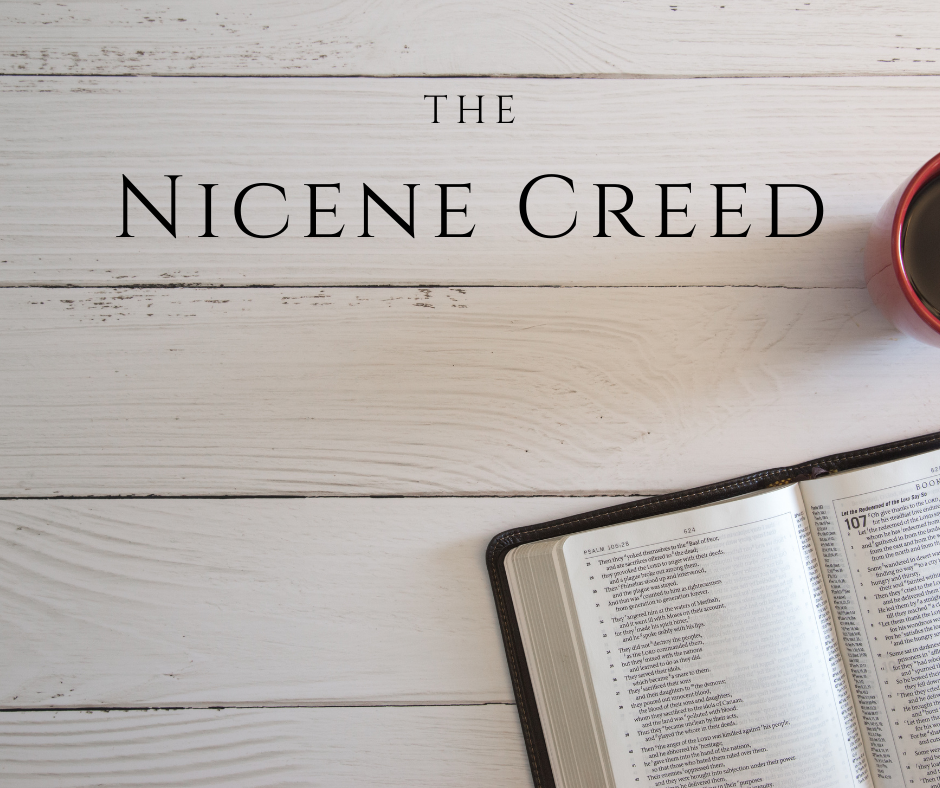He was crucified for us
The Christian cross is a strange symbol for Christians to wear, place on a church, or display in their house. Crucifixion was a form of capital punishment for criminals. We get the word cross from the Latin word ‘crux.’ The form of crucifixion was generally reserved for heinous crimes. Roman citizens would not be crucified because they saw it as too horrific for their citizens. The purpose was not merely to give someone the death penalty but to humiliate them while causing an enormous amount of pain. The criminal would have to carry the cross beam (about 100 lbs) to their place of execution. They would often be whipped and beaten beforehand, close to the point of death. They would then have nails driven into their wrists and feet, with their legs slightly bent. They would be raised, and they could be left up there for days. They would bear weight on their legs to push their body up so that they could breathe. Eventually, they would die from exhaustion and asphyxiation. To hasten the process, the soldier would break or shatter the criminal’s legs with an iron club so that they would no longer be able to stand up. When Paul preaches in Acts 13 to the people of Antioch, he explains that Christ was executed (Acts 13:28).
This is what we place on necklaces, get well soon cards, or hang around our house. It is a horrific form of torture to inflict shame, humiliation, and horrendous pain from a person in their last moments on earth. The Old Testament sacrificial system was bloody and messy, all foreshadowing Christ to come. Christ’s death is something we celebrate, yet I think we do not know how much pain it was for him to go through that. Even the night he was betrayed, he did not want to drink the cup of crucifixion or God’s wrath. Yet, he did the will of the Father. His trembling hand as he raised the cup of wine when he instituted the Lord’s supper, “this is my blood of the covenant, which is poured out for many for the forgiveness of sins.” The Cross of Christ has become sterile in our conversations. We frequently use the word or terminology we do not grasp the gruesome death which Christ died.
However, although we do not grasp the gruesome death of Christ, we fail to understand the two words at the end of this line in the Creed, “for us.” The criminal would often be punished for their crimes. Yet Christ died for us. Let that sink in for you. For your sins. The cross becomes personal because you realize the high cost it took to wash our sin away. The reason some people might wear it around their neck is not because of the gruesome reminder of shame and humiliation used by Romans, but the one man who suffered this painful death did so for his people. As Paul writes to the Corinthians, “For the word of the cross is folly to those who are perishing, but to us who are being saved, it is the power of God.” To those who are lost, the cross is foolishness, yet to us, it is the excellent news of the gospel, the power of God.
We should never become too familiar with the cross that it becomes a sterile and painless death, yet we should also remember that Christ suffered this death for his people. We would abhor the sin that separated us from God and placed Christ on the cross, but we should also be full of gratitude for the great price paid to save us from our sin and unite us to God. As Isaac Watts famously wrote in his hymn, “When I survey the Wonderful Cross;”
When I survey the wond’rous cross
On which the Prince of Glory dy’d,
My richest gain I count but Loss,
And pour contempt on all my pride.Were the whole Realm of Nature mine,
That were a present far too small;
Love so amazing, so divine,
Demands my Soul, my Life, my All.




